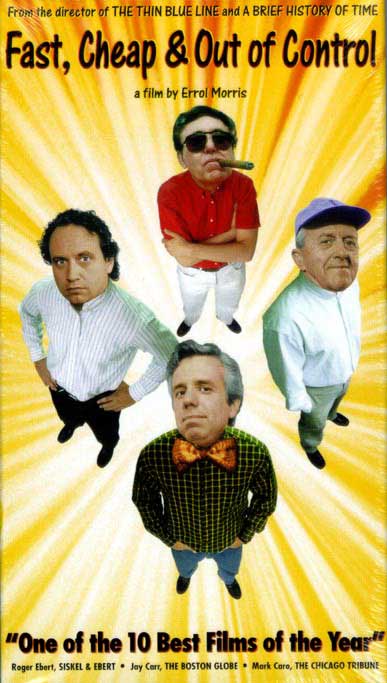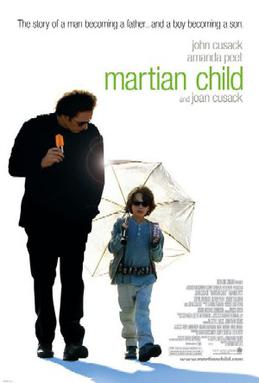 The Hustler * * * * ½
The Hustler * * * * ½Directed by: Robert Rossen / 1961
Several years ago I watched Paul Newman teach a young Tom Cruise how to strut his cool-pool stuff in Martin Scorsese’s so-so film “The Color of Money.” I didn’t know it until afterwards, but Newman had reprised his “Fast Eddie Felson” from another film, a role that finally rewarded him with a "Color of Gold" Oscar prize that he should have received 25 years before. I don’t think that Newman chose to emerge back into pool shark character just for the chance to finally get a well-deserved golden statue. But, I think it helped the Academy to finally open up their eyes to the aging legend as he should have had four or five Oscars by then. Hollywood politics aside, you can’t really begin to understand Newman’s elder “Fast Eddy” without watching him come to age in Robert Rossen’s “The Hustler”.
Within the first 20 minutes of “The Hustler” I was beginning to think the film was one that I would “watch” rather than “follow”. It was interesting yet seemed to be kicking into climactic-like high-gear rather rapidly as it stayed put at the high-dollar pool duel of Fast Eddie and Minnesota Fats (Jackie Gleason’s great character who inspired an actual pool shark to adopt the film moniker). It felt more “Wide World of Sports” than film classic to me. Oddly, with the same quickness it kicks into, the film slows down after Fast Eddie losses liquor and then his dignity and dough (18,000+…a TON of money for the early ‘60s) to his 25 hour match with Fats while Bert Gordon (George C. Scott’s slick pool shark con) looks on with everybody else in the town. That night Eddie ditches his long-time cross-country con partner Charlie (Myron McCormick) and sharks a girl at the local bus stop. They don’t call Eddie “Fast” for nothing as within hours he puts the moves and literally moves into the manic-depressive Sarah Packard’s apartment (played intoxicatingly well by Piper Laurie) and she immediately becomes “his girl”. Geesh, that Eddie, he’s a fast one. He’s also a cold-hearted one when Charlie pleads with love and care to get him back and Eddie says, “You go lie down and die alone”. Only in the movies do people say things this harsh, but it feels sadly genuine coming out of Fast Eddie.
The thing with Fast Eddie is that his 1st place talent plays second to a lack of character and cockiness. He’s too cool for pool school. This flaw causes him to lose his cool when sharking and after beating an “Ordinary Joe” opponent, Eddie gets beat-up and left with broken thumbs. Healing and hiding back at complicated Sarah’s place he reexamines his character and soul a bit and eventually seals a deal with a new pool partner in the aforementioned Bert Gordon, a man with “cool” outside and just plain "cold" within. In the third act Eddie, Bert and Sarah travel to Louisville, KY for some high-stakes pool shooting that eventually ends up costing them more than their pockets and then back to where they began, high-rolling with Minnesota Fats.
Fast Eddie Felson isn’t my favorite role by Paul Newman, but it’s one of many challenging, in-depth characters in the legend’s film resume of likable loser-winners that I enjoy. They are characters worth watching and following, even when they come back 25 years later in 1980s taverns and pool halls decked in beer labels and bikini-clad babes on walls that once didn't need dressed up to be cool. All-in-all, Fast Eddie is a character that feels lived-in, and one that Newman really sharked a score of gold with.
-djg




